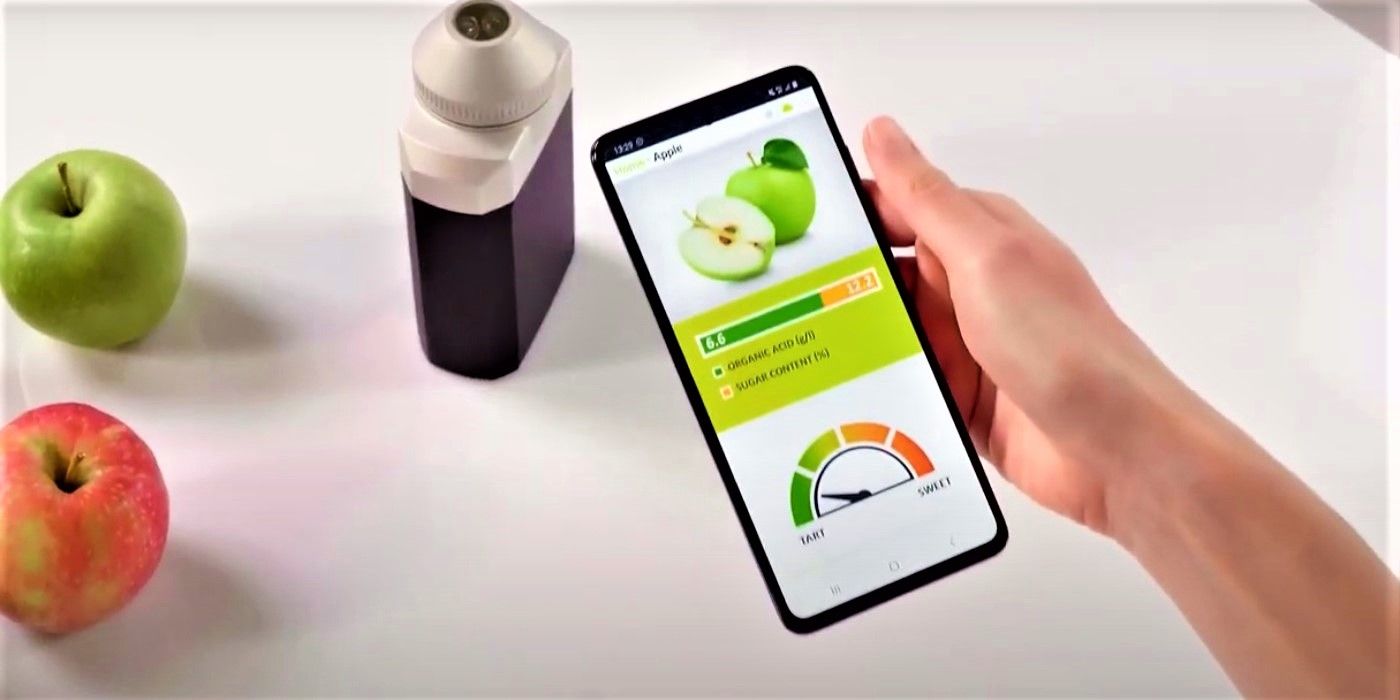Qualcomm-equipped smartphones will soon feature scanning technology that can analyze materials on a molecular level. An integrated sensing module, developed by sensor firm trinamiX, will work with Qualcomm's Snapdragon mobile platform to capture and analyze data. Initially, the technology will be used to determine skin health and suggest skincare products, but the development of more in-depth applications is already underway.
Qualcomm is known for creating connectivity and processing technology for devices in various form factors including mobile phones, laptops, and wearables. It works with some of the biggest names in the tech industry, with its Snapdragon processors found in some of the best smartphones around. It's also working on making 5G phones more accessible to consumers.
Now, trinamiX has revealed that it is working with Qualcomm to integrate near-infrared spectroscopy (NIRS) into smartphones. The firm says it's developing a “potent yet miniaturized” smartphone module that can emit infrared light and detect the reflected light to analyze the molecular composition of materials. The module will work alongside trinamiX's extensive data repository, the Artificial Intelligence (AI) Engine on certain Qualcomm Snapdragon mobile platforms, and Qualcomm's Sensing Hub to process captured data. The initial application would see users able to analyze the current state of their skin in real-time and receive suggestions about products that would aid its health.
How Qualcomm & trinamiX Can Help Consumers
Qualcomm and trinamiX's innovation will allow consumers to get their hands on scientific tools previously available only to experts in the field. By downscaling the equipment to fit the smartphone form factor, the use of such an advanced tool suddenly becomes available to consumers on a day-to-day basis. trinamiX showcased a functional handheld NIRS device last month, with a variety of materials analyzed, from fabric to coffee beans, and the results provided via an app.
Practical applications of this technology include the ability to analyze food content, such as its protein amount or acidity concentration, as well as determining current personal health conditions and needs. If the technology becomes widely available, it could certainly help people to make the best decisions in certain scenarios. Consumers could be less prone to deception when it comes to buying questionable products as it could be possible for them to verify structural integrity. It could also be beneficial for customers in determining the concentration of harmful agents in food when eating out.
Of course, that the technology would necessarily involve the analysis and processing of so much personal data does raise some concerns. It shouldn't be forgotten that some of Qualcomm's older Snapdragon chips previously put about a billion Android users at risk of data theft. Analyzing and processing health data would, of course, make security more important than ever.
Source: trinamiX


